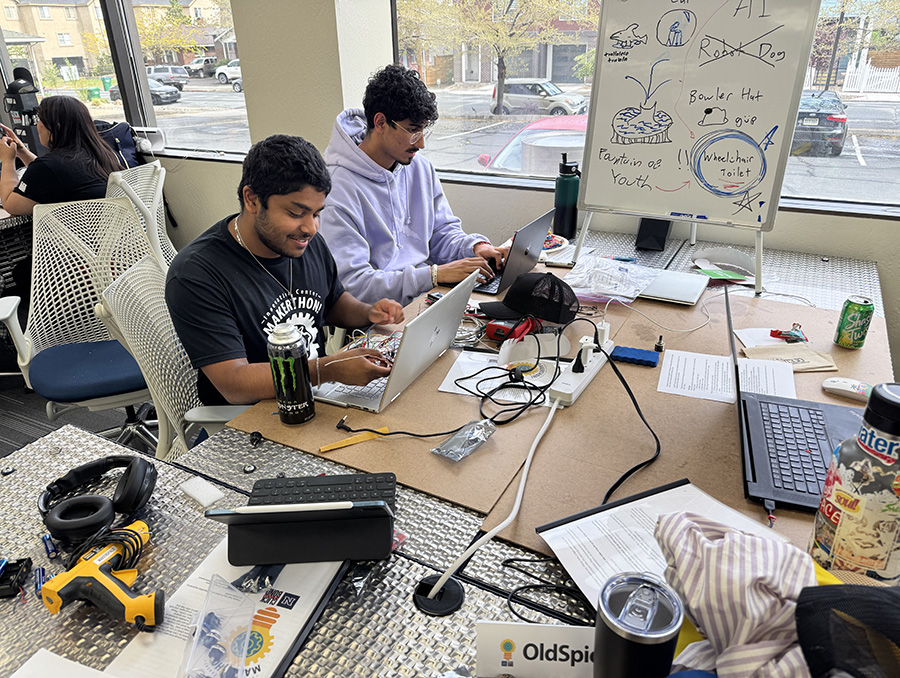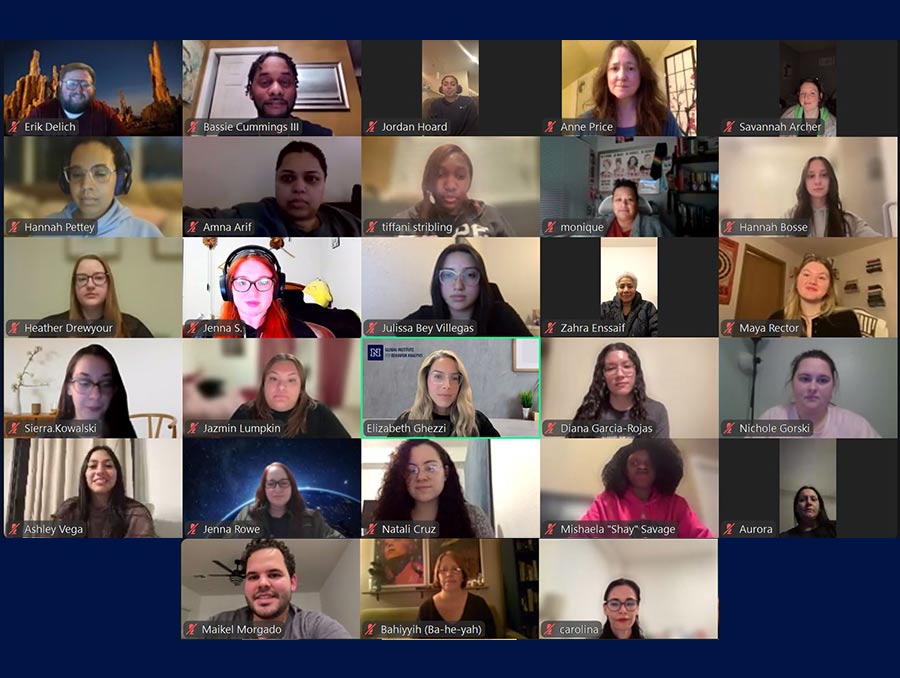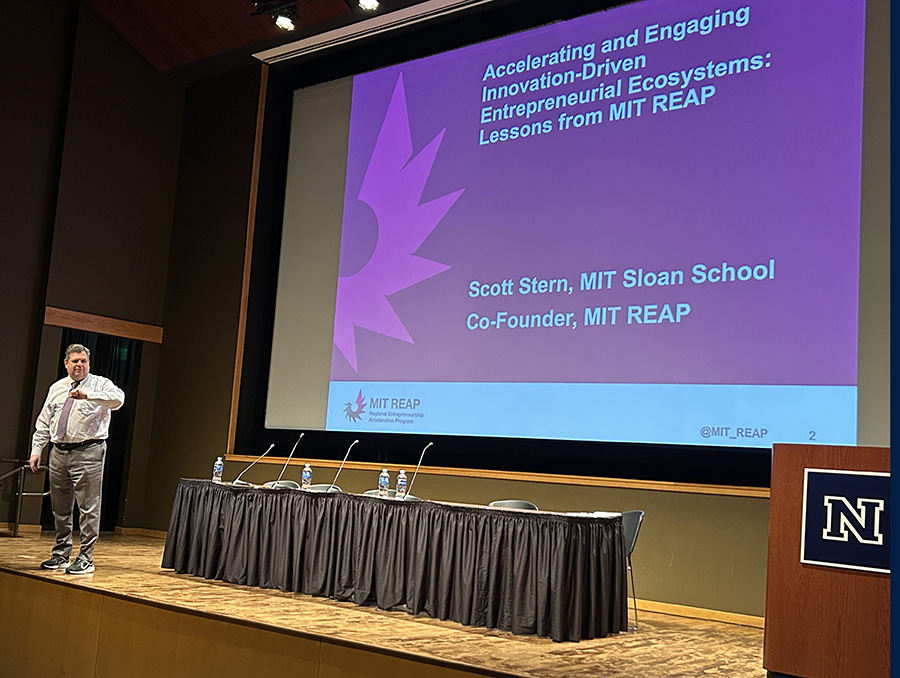Dean Burkin, Ph.D., an assistant professor of pharmacology at the University of Nevada School of Medicine and director of the Nevada Transgenic Center, has earned a substantial grant from the National Institutes of Health to study integrin-based therapies for muscular dystrophy.
The grant, awarded by the NIAMS (National Institute for Arthritis and Musculoskeletal and Skin Diseases) at the NIH, in the amount of $1,000,000, will continue over a five-year period that began May 1, 2008.
“Duchenne Muscular Dystrophy is an X-linked disease (on the X-chromosome) that affects one of 3,500 newborn boys,” said Burkin. “Around 45,000 children suffer from DMD in the United States and European Union.”
Children with this genetic disease are diagnosed at three-to-five years of age. They are confined to a wheelchair in their early teens, often on a respirator to help them breathe, and die in their 20s or 30s from cardiopulmonary failure. There is no effective treatment or cure for this genetic disease which is caused by mutations in a gene encoding a critical muscle protein called dystrophin. Loss of dystrophin in DMD patients leads to progressive muscle wasting.
“Using state-of-the-art transgenic mouse technology, we have previously demonstrated that increasing the levels of the alpha7beta1 integrin (a protein that appears to be functionally similar to dystrophin) can rescue mice with severe muscular dystrophy,” said Burkin.
The grant will investigate if increasing this integrin in muscle satellite cells (which are adult muscle stem cells required for muscle repair and are depleted in DMD patients) can more effectively promote muscle repair in mice with muscular dystrophy. In addition, Burkin will investigate if increasing this integrin in vascular smooth muscle can further alleviate muscle disease in these mice.
This latest grant follows on the heels of a two-year exploratory grant Burkin received from NINDS (National Institute of Neurological Disorders and Stroke) at the NIH last fall to investigate if there are drugs that can increase integrin expression in muscle cells. For this grant Burkin is screening libraries of drugs to identify compounds that may be used therapeutically for muscular dystrophy.











